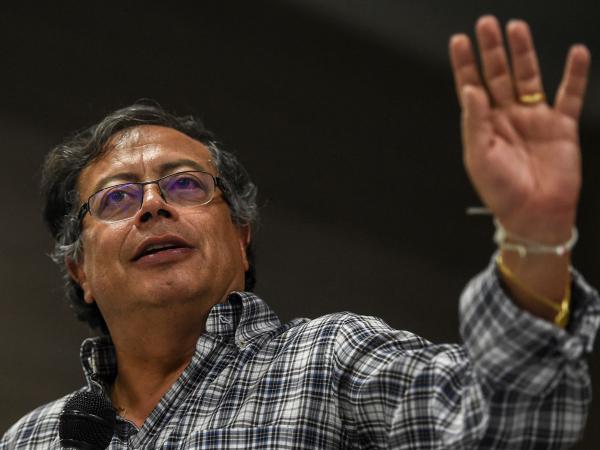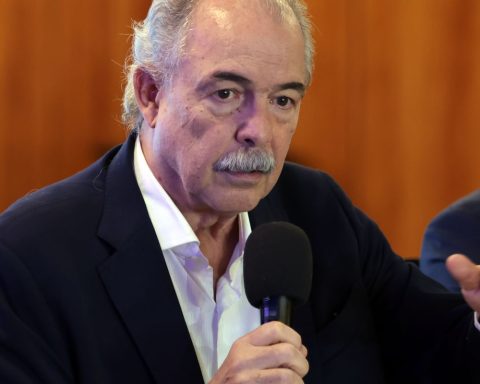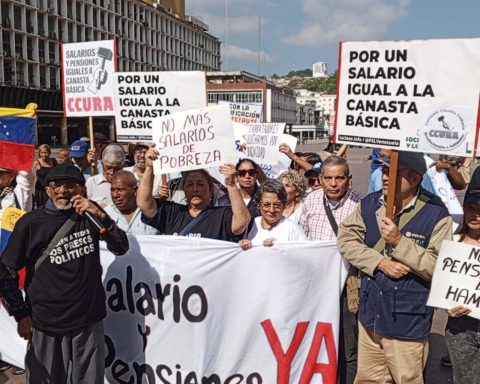The announcement of President Gustav Petro that he would take over the functions of the Creg to change the formulas that govern energy rates generated a strong response.
In the same auditorium in Cartagena, this proposal by the president generated both applause and whispers of confusion. The president alluded to an article in President Iván Duque’s National Development Plan, which allowed the government or the Ministry of Mines and Energy to assume fare formula adjustment functions“when this is strictly necessary and motivated by the inclusion of new agents, activities or technologies, complying with the established criteria”.
(Read: Will Petro be able to modify energy rates or not?).
Although experts have considered that Article 290 of the PND does not have the scope for the president or the Energy portfolio to assume the functions of the Regulatory Commission, this measure announced by the President has already been implemented.
In fact, the director of Dapre, Mauricio Lizcanopointed out through his Twitter account that “President @petrogustavo orders the ministry of mines to assume the functions of Creg to intervene in the electricity market.”
The answers did not wait. The President of Andesco, Camilo Sánchez, considered that the companies had already proposed alternatives and that the best solution is technical and not political. And although experts have considered that this could lead to an annulment claim before the Council of State, the proposal has received supporters.
“It is understandable and justified that if the circumstances warrant it, the Ministry of Mines and Energy resumes the functions and powers delegated to the Creg. (…) but this must be of an exceptional and temporary nature“said Amylkar Acosta, former Minister of Mines and Energy.
There has also been debate about the role of the Creg. he sconservative enator, Efraín Cepeda, He pointed out that Petro was doing well, given that “the decisions that Creg makes are never for the user, but for the generator.” However, Marc Hofstetter, an economics professor at the Universidad de los Andes, wondered why skip the institutions that are designed for this.
(Also: How would the change that Petro would make to the calculation of the energy rate).
energy service
Joseph Louis Valencia
The article 129 of Law 142 of 1994 establishes that the rates “exceptionally may be modified at any time, ex officio or at the request of a party, when it is evident that serious errors were made in their calculation, the interests of the users or the company are unfairly harmed; or that there have been reasons for fortuitous event or force majeure that seriously compromises the financial capacity of the company to continue providing the service”. However, this is still within the functions maintained by the Creg and would not be enough to assume the government or the Ministry.
In fact, Acosta recalls that the role of the Ministry must focus on the identification and characterization of the sector, as well as formulation, monitoring, implementation and evaluation of public policies. In other words, it is not structured nor does it have the powers to act as a regulator.
The associate professor of economics at the Javeriana University, Jorge Restrepo, pointed out that the prices of energy and gas are already regulated, as established by Law 142 and that “the regulatory powers of the Creg are delegated by the President of the Republic, who can, in accordance with the Law, resolve regular”.
(Read: Government would take control of Creg and modify energy rates).
He stressed that in extraordinary situations, regulation can be changed. He clarifies, however, that it is best to make the changes through the Creg and not resume its functions.
In accordance with Law 143 of 1994, the Regulatory Commission is made up of the six experts appointed by the presidency (in this case, all by former president Iván Duque) and the ministers of Mines and Energy and Finance, as well as the director of the DNP.
The debate continues and some experts consider that it could even reach the Supreme Court of Justice, where the substantive decision would be made.
Daniela Morales Soler

















